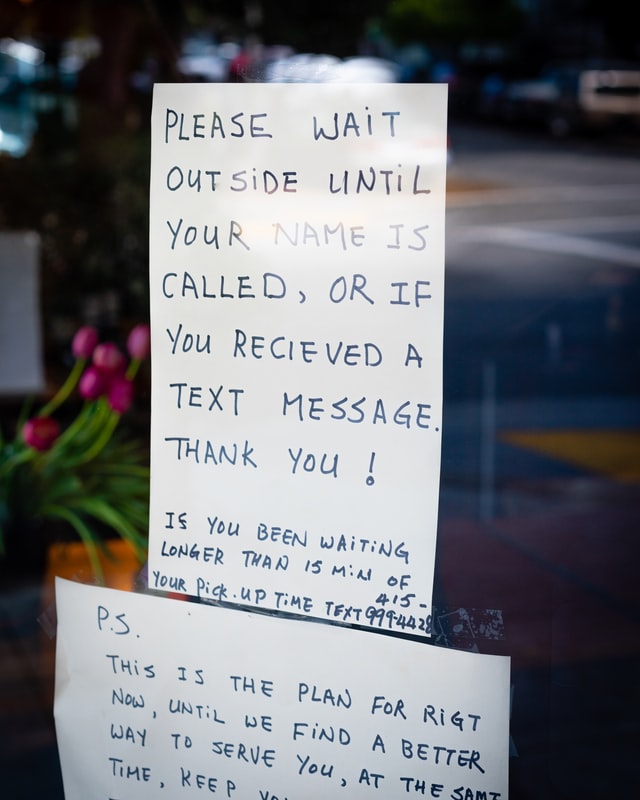Do You Need Mortgage Relief Due to COVID? Here is What You Need to Know
 As the pandemic continues to affect Americans across the country, many are facing financial hardship.
As the pandemic continues to affect Americans across the country, many are facing financial hardship.
For homeowners with a Freddie Mac loan, COVID-19 mortgage assistance is available in the form of “forbearance,” which temporarily suspends or reduces your mortgage payment without penalty so you can get back on your feet.
Here is how forbearance works and what happens when it ends:
How do I request a forbearance?
To request forbearance, you must contact your loan servicer (the company listed on your mortgage statement) who will help you understand your options. Forbearance is available for up to a year, though servicers will typically start you on a shorter forbearance plan and reassess to see if your financial situation has changed.
What happens when forbearance ends?
It’s important to remember mortgage forbearance is not the same as mortgage forgiveness and you will have to repay your missed payments. About 30 days before the forbearance plan is scheduled to end, you and your servicer will determine next steps. This could include additional forbearance or a workout option to make up the missed payments. Just remember, you are never required to pay back missed payments in a lump sum if your loan is owned by Freddie Mac.
 How does repayment work?
How does repayment work?
Even though you must pay back payments that were missed during forbearance, you have several options for doing so. Additionally, you won’t accrue additional fees, penalties or interest beyond the amounts already scheduled or calculated based on the terms of your mortgage. For example, let’s say you enter into a forbearance agreement of three months. If your monthly mortgage payment is $1,000, you will owe about $3,000 in missed mortgage payments at the end of your forbearance term. Your servicer can help you determine the workout option that works best for you, including:
• Full repayment, where you pay back the missed payments all at once.
• Repayment plans, which allow you to catch up gradually while you are paying your regular monthly payment.
• Payment deferral, which allows you to resume making your normal monthly payment. Your servicer can work with you to leverage alternative ways for you to pay back the missed payments from your forbearance period at a later date and in a manner that is affordable.
• Modification of the loan, which changes the terms of your loan, usually to reduce your original monthly payment amount. Your servicer can help with a modification that might suit your new circumstances.
Additional Information:
To stay on track with paying down your loan balance and less interest over the life of the loan, it’s important that you resume your payments as soon as you’re financially able. Keep in mind that while you’re not charged “extra” interest, you won’t be paying down your principal, and the interest will continue to accrue on your unpaid mortgage balance.
For information on forbearance and how to get help with your mortgage, visit My Home by Freddie Mac at myhome.freddiemac.com.
Remember, contacting your servicer is the first step in getting help with your mortgage payments if you are facing financial hardship due to COVID-19 or for other reasons. They can explore available options with you and determine what works best for your circumstances.






